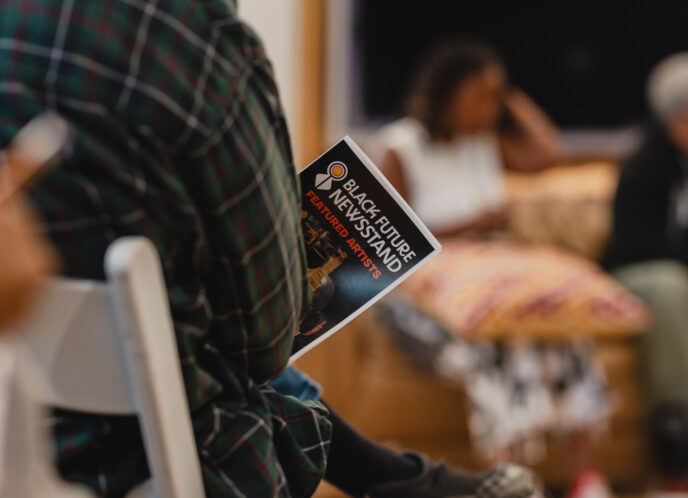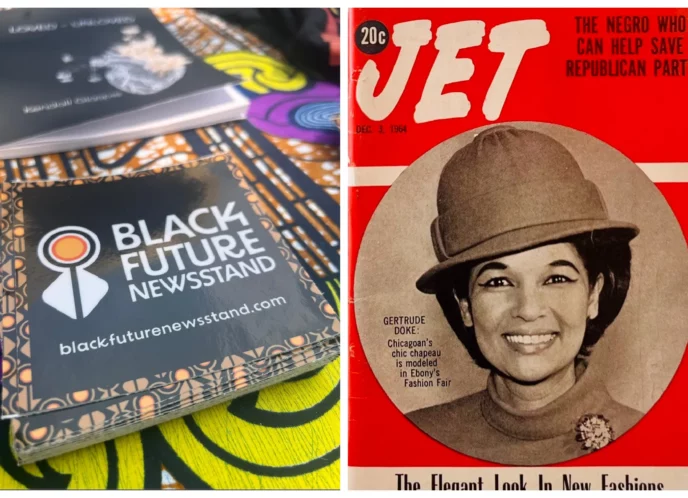
In 1995, People Link started as a project of the Institute for Mass Communication, hosting web sites, setting up email accounts and providing a forum for activists to communicate all across the country. Four years later, in 1999 May First Technology Collective began as a worker run collective providing technical support to nonprofits in New York City. The two came together in 2005 and from there May First/People Link was born. Since then MF/PL has redefined the concept of "Internet Hosting Service" in a collective, progressive and collaborative way. We were fortunate to hear from MF/PL Co-Director and Internet activist Alfredo Lopez. Scroll down to see what he has to say about Internet freedom, MAG-Net and collaborating across borders.
1) Please tell us about your work – mission and vision of your organization?
6) What is one thing you are looking forward to in co-anchoring the NYC MAG-Net Chapter?


